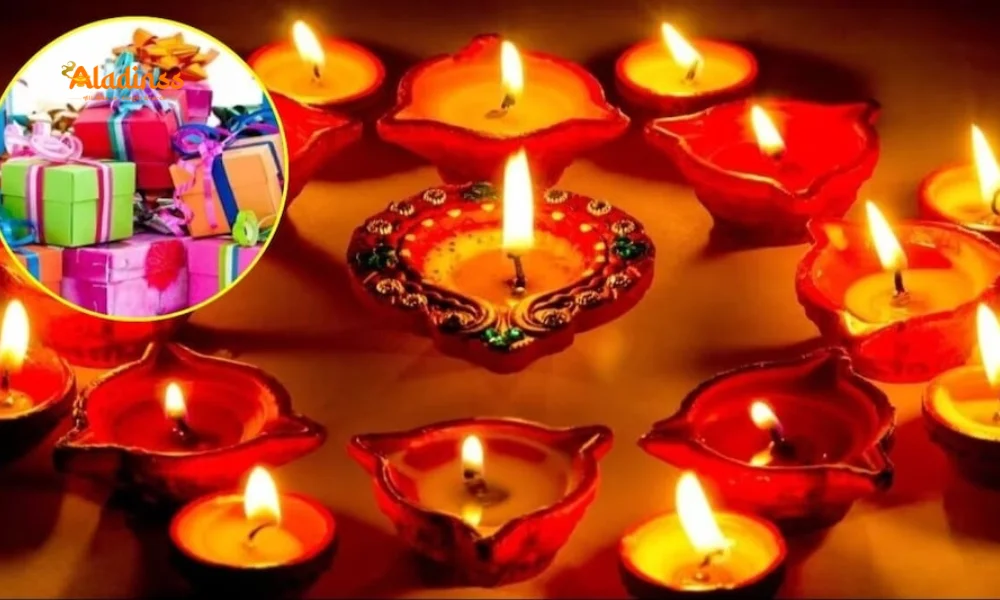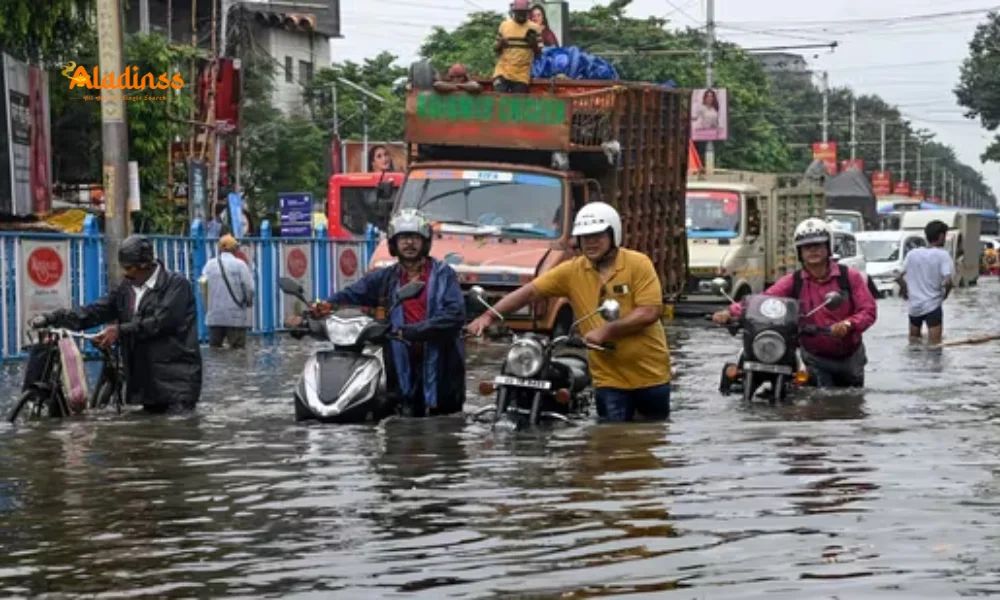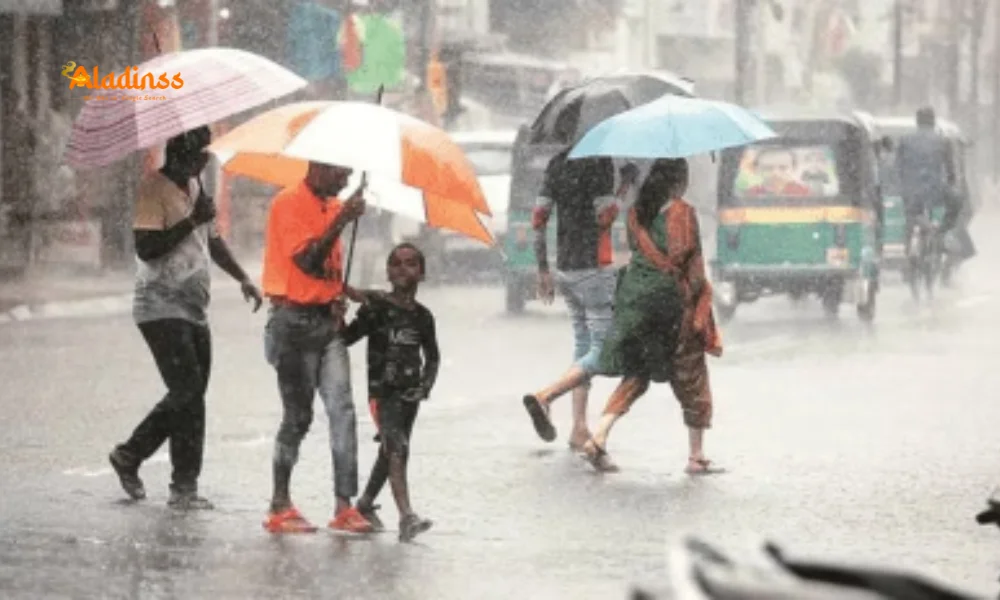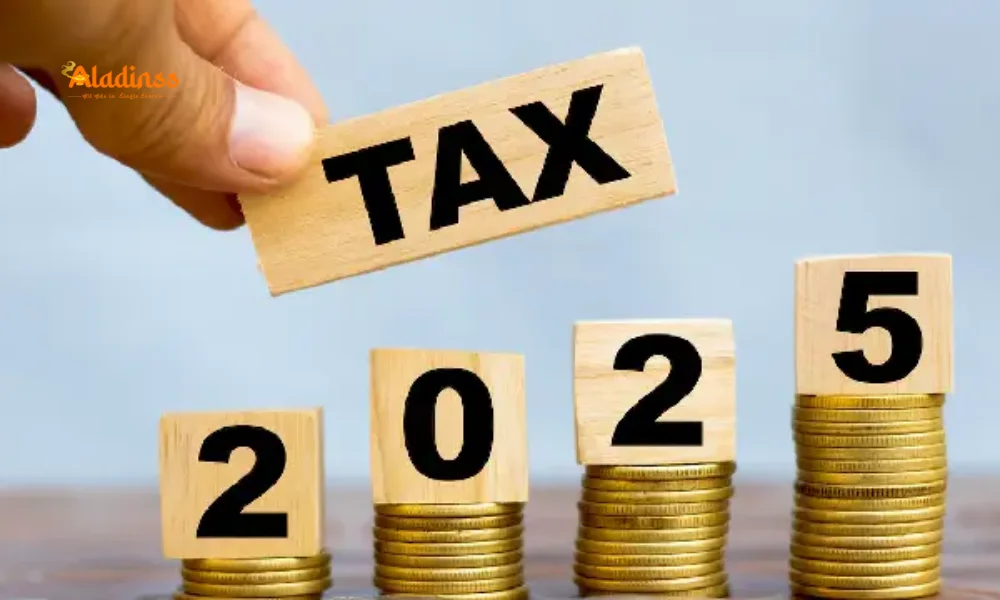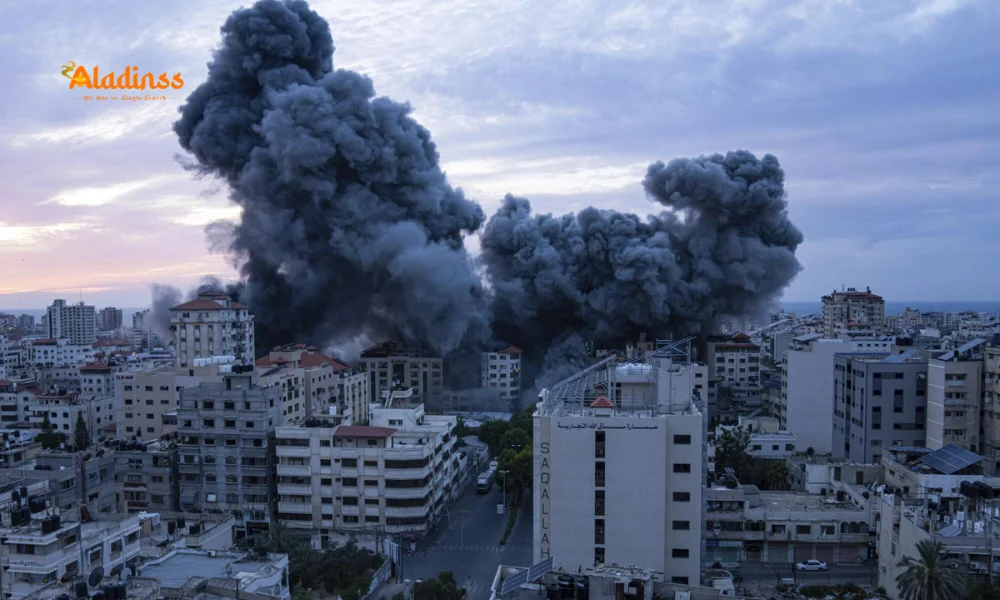PM Modi Congratulates Sushila Karki as Nepal’s First Woman Interim PM
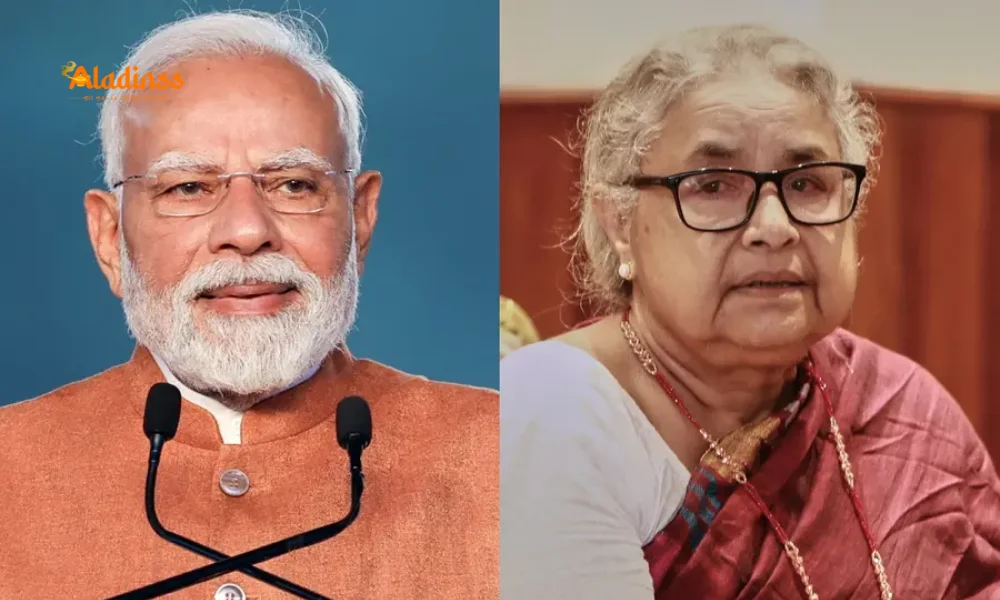
PM Modi Congratulates Sushila Karki as Nepal’s First Woman Interim PM
On September 12, 2025, Nepal marked a historic moment as Sushila Karki, the country’s former Chief Justice, was sworn in as its first woman interim Prime Minister, following days of intense political turmoil in the Himalayan nation. Indian Prime Minister Narendra Modi swiftly extended his congratulations, reaffirming India’s commitment to the peace, progress, and prosperity of Nepal. In a social media post on September 13, 2025, Modi expressed his support for Karki’s leadership, emphasizing the deep ties between the two neighboring countries. This development comes amidst a turbulent period in Nepal, driven by youth-led protests that forced the resignation of former Prime Minister KP Sharma Oli, highlighting issues of corruption and governance.
Sushila Karki’s Historic Appointment
Sushila Karki, a renowned anti-corruption activist and Nepal’s first female Chief Justice, was appointed interim Prime Minister by President Ram Chandra Paudel on September 12, 2025. The swearing-in ceremony, held at the President’s office in Kathmandu, followed a period of violent unrest sparked by Gen Z-led protests against a social media ban that evolved into a broader movement against corruption and misrule. Karki’s selection was a result of consultations with student groups, constitutional experts, and the Nepal Army, reflecting a rare consensus in the nation’s polarized political landscape.
Karki, aged 73, brings a wealth of experience to her new role. Her tenure as Chief Justice from 2016 to 2017 was marked by a zero-tolerance policy toward corruption, earning her widespread respect among Nepal’s youth and reform advocates. Her appointment as interim Prime Minister is seen as a pivotal step toward restoring stability, with the mandate to oversee elections for the House of Representatives by March 5, 2026. The dissolution of Nepal’s Parliament on September 12, 2025, further underscores the transitional nature of her government.
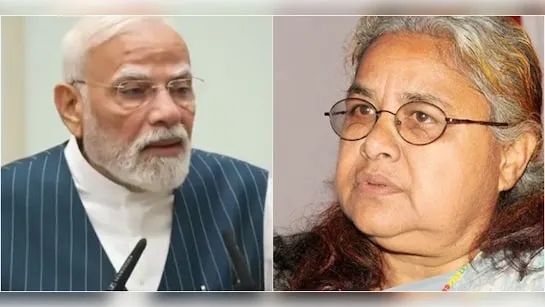
PM Modi’s Response and India’s Stance
Prime Minister Narendra Modi was quick to respond to Karki’s appointment, sharing his sentiments in a social media post on September 13, 2025: “I extend my best wishes to Right Hon. Mrs. Sushila Karki on assuming office as the Prime Minister of the Interim Government of Nepal. India remains firmly committed to the peace, progress, and prosperity of the people of Nepal.” This statement reflects India’s longstanding “Neighbourhood First” policy, emphasizing close cooperation with Nepal, a nation with which it shares a 1,751 km border across five Indian states: Sikkim, West Bengal, Bihar, Uttar Pradesh, and Uttarakhand.
India’s Ministry of External Affairs (MEA) echoed Modi’s sentiments in a statement released late on September 12, 2025, welcoming the formation of the interim government led by Karki. The MEA expressed hope that this development would foster peace and stability in Nepal, stating, “As a close neighbour, a fellow democracy, and a long-term development partner, India will continue to work closely with Nepal for the well-being and prosperity of our two peoples and countries.” This diplomatic response underscores the deep cultural, linguistic, and religious ties that bind India and Nepal, reinforced by frequent high-level visits, including Modi’s five trips to Nepal since 2014 and ten visits by Nepalese Prime Ministers to India in the same period.
The Context of Nepal’s Political Turmoil
The appointment of Sushila Karki follows a tumultuous period in Nepal, characterized by widespread protests led by the country’s Gen Z population. Initially sparked by a controversial social media ban, the demonstrations quickly escalated into a broader movement against corruption, nepotism, and misgovernance under former Prime Minister KP Sharma Oli’s administration. The protests, which began in early September 2025, turned violent after a police crackdown resulted in the deaths of over 20 people, mostly students, and injured hundreds. The unrest culminated in Oli’s resignation on September 10, 2025, after mobs rampaged through Kathmandu, torching government buildings, including the Parliament, and the residences of political leaders.
The Nepal Army was deployed to restore order, and curfews were imposed in several districts, including the Kathmandu Valley. The violence, which claimed over 50 lives, highlighted deep-seated frustrations among Nepal’s youth, who used platforms like Discord to coordinate their movement and nominate Karki as their preferred interim leader. The Gen Z protesters, seeking a corruption-free government, saw Karki’s reputation for integrity and judicial independence as a beacon of hope for Nepal’s future.
India’s Concern and Diplomatic Engagement
The unrest in Nepal prompted significant concern in India, given the two nations’ close geopolitical and cultural ties. On September 9, 2025, Prime Minister Modi chaired a meeting of the Cabinet Committee on Security to discuss the deteriorating situation in Nepal. In a public statement, he described the violence as “heart-rending” and expressed anguish over the loss of young lives. “The stability, peace, and prosperity of Nepal are of utmost importance to us,” Modi said, appealing for calm and restraint among Nepalese citizens. This proactive engagement underscores India’s role as a key stakeholder in Nepal’s stability, with both nations sharing deep people-to-people connections rooted in history and culture.
India’s response to the crisis reflects its strategic interest in maintaining a stable and friendly Nepal. The two countries have collaborated extensively on development projects, including infrastructure, education, and healthcare, with India providing significant aid to Nepal over the years. Modi’s swift congratulations to Karki and the MEA’s supportive statement signal India’s readiness to work with the interim government to ensure a smooth transition and long-term stability.
Sushila Karki’s Background and India Connection
Sushila Karki, born on June 7, 1952, in Biratnagar, Nepal, has a distinguished career in law and public service. She completed her Master’s degree in political science at Banaras Hindu University (BHU) in Varanasi, India, in 1975, an experience that fostered her deep affinity for India. In a recent interview, Karki expressed her admiration for Indian leaders, particularly Prime Minister Modi, stating, “I have a good impression of Modi ji. We consider them as our own brothers and sisters.” Her connection to India, coupled with her reputation as a principled jurist, has positioned her as a figure acceptable to both Nepal’s youth and traditional political forces.
Karki’s tenure as Chief Justice was not without controversy. In 2017, she faced an impeachment motion from the ruling Nepali Congress and CPN (Maoist Centre), which accused her of delivering a biased verdict. However, public protests in defense of judicial independence and a Supreme Court intervention led to the withdrawal of the motion, allowing Karki to complete her term. Her resilience and commitment to anti-corruption measures have made her a symbol of reform, resonating with the Gen Z protesters who championed her appointment.
The Path Ahead for Nepal
Karki’s interim government faces the daunting task of restoring order and preparing for elections within six months. The Gen Z core committee has outlined a clear roadmap, with plans to dissolve Parliament, appoint a limited number of cabinet ministers, and establish an advisory committee to monitor the government’s functioning. The proposed election date of March 5, 2026, reflects the urgency of transitioning to a democratically elected government. Karki’s leadership will be critical in addressing the demands for accountability and transparency that fueled the protests.
The unrest has also had significant economic repercussions, with Nepal’s tourism-driven economy suffering losses exceeding 25 billion Nepalese rupees due to vandalism and disruptions. The suspension of the Delhi-Kathmandu bus service by the Delhi Transport Corporation highlights the broader regional impact of the crisis. As Karki takes charge, her ability to stabilize the nation and rebuild public trust will be closely watched by both Nepalese citizens and international partners like India.
Comment / Reply From
No comments yet. Be the first to comment!

